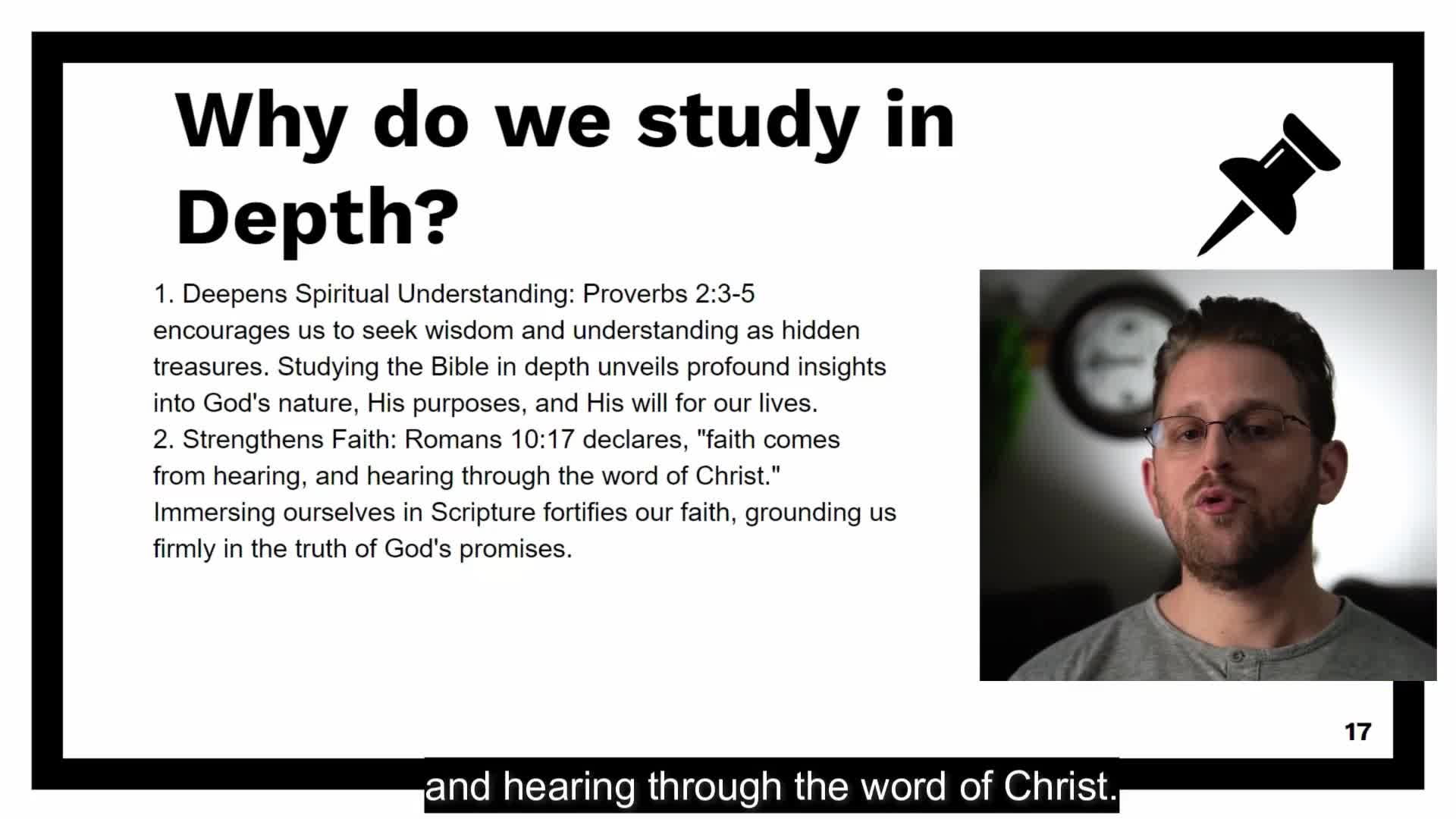Understanding God's Nature
Hello and Welcome to Section 2 : In this lesson, we will delve into the nature of God, exploring key aspects and their significance.
By the end of this study, you will be able to identify four fundamental pieces of God's nature.
In the field of Systematic Theology, one important question arises: "What is God like?" Understanding God's nature is like getting to know the main character of the greatest story ever told. Let's explore this journey in simpler terms, using passages from the Bible.
God's Nature: Like Piecing Together a Puzzle
God's nature is complex, but perfect in its makeup. By understanding the interconnection of different elements, we can truly know who God is. As we explore each aspect and go deeper, we gain a deep understanding of God's nature. Systematic Theology helps us organize and classify these aspects, enabling us to better understand God's holiness and supreme control.
4 Key Pieces of God's Nature in Systematic Theology
God is Loving: "Whoever does not love does not know God, because God is love." (1 John 4:8) God's love shines as a guiding light in our lives, enveloping us with His boundless compassion and care.
God is Wise: "Oh, the depth of the riches of the wisdom and knowledge of God!" (Romans 11:33) The omniscience of God enables us to perceive truth with clarity, guiding us through life's complexities and illuminating the path of righteousness.
God is All-Powerful: "Ah, Sovereign LORD, you have made the heavens and the earth by your great power and outstretched arm. Nothing is too hard for you." (Jeremiah 32:17) God's omnipotence encompasses His ability to perform remarkable feats and overcome any obstacle that stands in His way.
God is Everywhere: "Can anyone hide in secret places so that I cannot see them?" declares the LORD. "Do not I fill heaven and earth?" (Jeremiah 23:24) The omnipresence of God assures us that He is always with us, regardless of our physical location. His comforting presence brings solace and strength.
Show Transcripts



